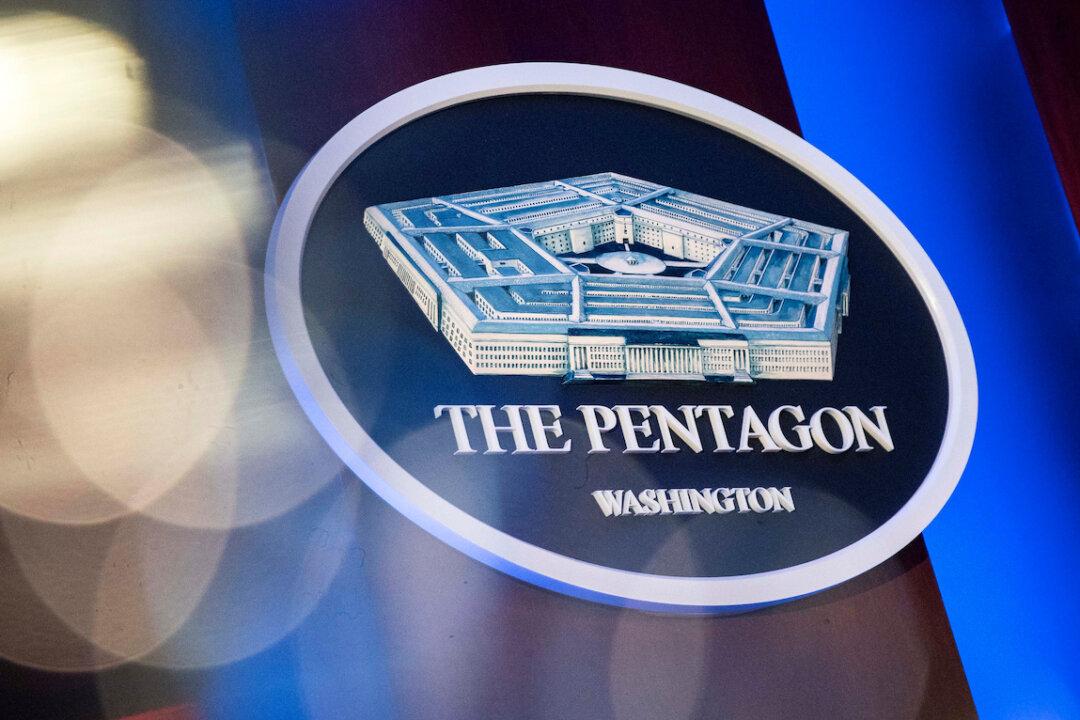The Department of Defense announced April 15 that its decision to award a $10 billion cloud computing contract to Microsoft instead of Amazon was in line with legal and government purchasing standards.
“The Inspector’s General final report on the JEDI Cloud procurement confirms that the Department of Defense (DOD) conducted the JEDI Cloud procurement process fairly and in accordance with law,” a statement from the DOD reads, following the public release of a report by the Department of Defense Inspector General (IG), a watchdog agency for the DOD.




